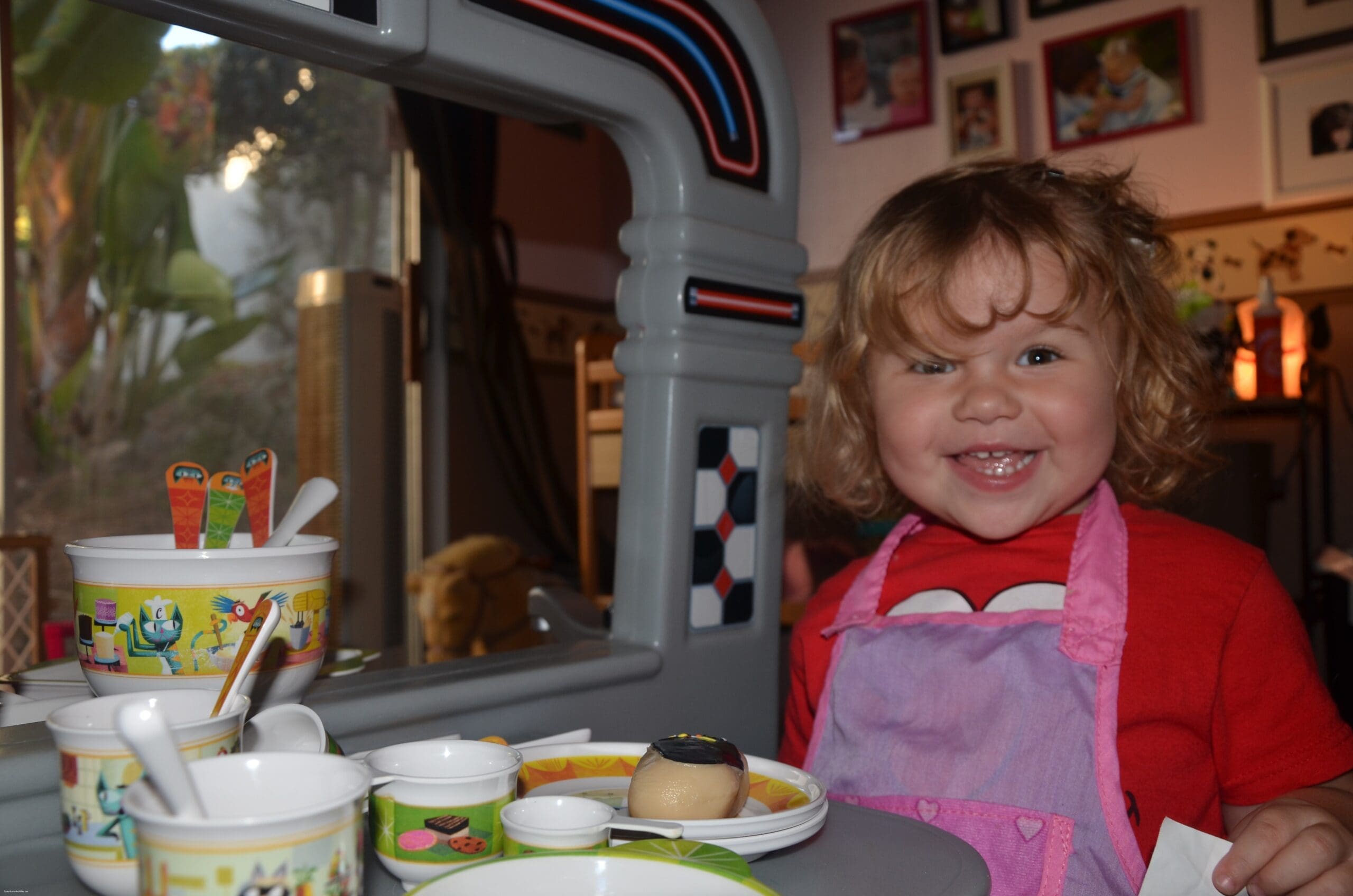Tips To Keep Your Family Safe In The Event Of An Emergency!!
National Parenting Expert Robert (Daddy Nickell) Shares Tips on How to Create an Effective Emergency Plan to keep your family safe.
Nothing is more important than family. It is vital to have an emergency plan in place, so your family knows exactly what to do in the case of an emergency. It’s also extremely important to make sure your children understand what an emergency is, and how they should react in the event of one. Most importantly hold practice drills until the plan is second nature, this will reduce panic in the event a real emergency occurs.
Daddy Nickell from Daddy & Company has compiled a list of ideas and reminders that will guide you through making an emergency plan for your home.
Communicate:
Parent-child communication is essential for success in just about every circumstance. Communication is crucial in establishing an emergency plan, too. Start by talking to your children to learn what they already know about dealing with emergencies, discuss different types of emergencies and ensure they understand exactly what constitutes an emergency. Make sure your discussion is age-appropriate; how you discuss the idea of an emergency will vary from toddlers to teenagers. Knowing there is a plan in place will make them feel secure. Communication is important before, during and after the emergency. Communicate before to ensure they know the drill and understand its importance, communicate during to keep them safe and calm, and communicate after to understand how their experience was and to minimize trauma and stress.
Write Down Numbers:
Have emergency numbers written down on or near the fridge. Consider keeping an emergency binder that has phone numbers for just about any occasion including: neighbor’s phone numbers, grandparent’s phone numbers and more. If your child is old enough to carry their own cell phone then make sure they have all of the important numbers programmed in their phones for emergency situations. Be sure your child knows how to use these numbers in case of emergency. Practice what they will say, and how they respond to the person arriving at the scene.
Teach your child to call 911.
 Practice with them on a turned off cellphone or play phone. They will need to be able to give emergency people their full name, address and telephone number. This seems to be a very scary thing for a child to do since they understand the weight of calling it. Also practice answering the door for the police or EMT. Make sure they know only to open the door to uniformed officers.
Practice with them on a turned off cellphone or play phone. They will need to be able to give emergency people their full name, address and telephone number. This seems to be a very scary thing for a child to do since they understand the weight of calling it. Also practice answering the door for the police or EMT. Make sure they know only to open the door to uniformed officers.
Proper Alarms for Early Warning:
Make sure you have smoke alarms and carbon monoxide detectors in place within your home, and test them every six months to ensure they’re working properly. These early warning devices could save your life. For information on where to purchase these devices and how to properly install them in your home visit: http://www.firstalert.com/ or an alternate credible source. Explain to your children what they are and why they help.
Practice Drills:
As is the case with many things, practice makes perfect. If your family is faced with an emergency you’ll want to be prepared, and you’ll want your kids to know what to do. Have several practice drills within your own home to help determine a plan of action for an emergency situation. You may feel silly while practicing, but you’ll be grateful for those drills in the face of an actual emergency.
Look to the Media:
There are plenty of ways to teach children about emergencies. Use kid-friendly books, television shows, radio, or movies to help solidify the idea of an emergency, get advice from an additional source and help your child become more familiar with the whole concept. No matter how you develop an emergency plan for your family, the most important thing is that you’re prepared. You can also take a trip to your local fire or police department to have them meet and talk with some of the emergency personnel there. This will make them not quite as scared should they need to interact with them in a real emergency.
Have an emergency safety kit in the house.
Make sure your children know where the flashlights, blankets, heaters and other essentials they might need during the emergency.
Set a meeting place.
Be sure to set a meeting place outside of your home in case of a home emergency, but also have one around town should there be a school or city-related emergency. Often times cell phone use is impossible during an emergency so do not count on being able to talk to each other. If there is a place you all know to meet, you will eventually find each other.
Include neighbors, friends and family in this plan. Make sure your child knows exactly who to call or who they are allowed to leave with.
About Daddy Nickell
Robert Nickell, aka Daddy Nickell, is the founder of Daddy & Co. (formerly Daddyscrubs), a gift and apparel company dedicated to celebrating fatherhood. He also provides a father’s perspective on his DailyDaddy blog with topics such as bonding with your child and what the father should expect during pregnancy and infancy. In addition, he contributes his parenting expertise to national talk shows and daytime television shows and as a syndicated columnist.


2 Comments
Heather
I just explained to my five year old how to dial 911 recently on my smartphone in case of an emergency. But we haven’t done anything else like fire drills. My youngest is 2 so I’m not sure how to really talk to him about it. But these are awesome tips and definitely something that needs to be talked about frequently with kids.
krystel
great tips